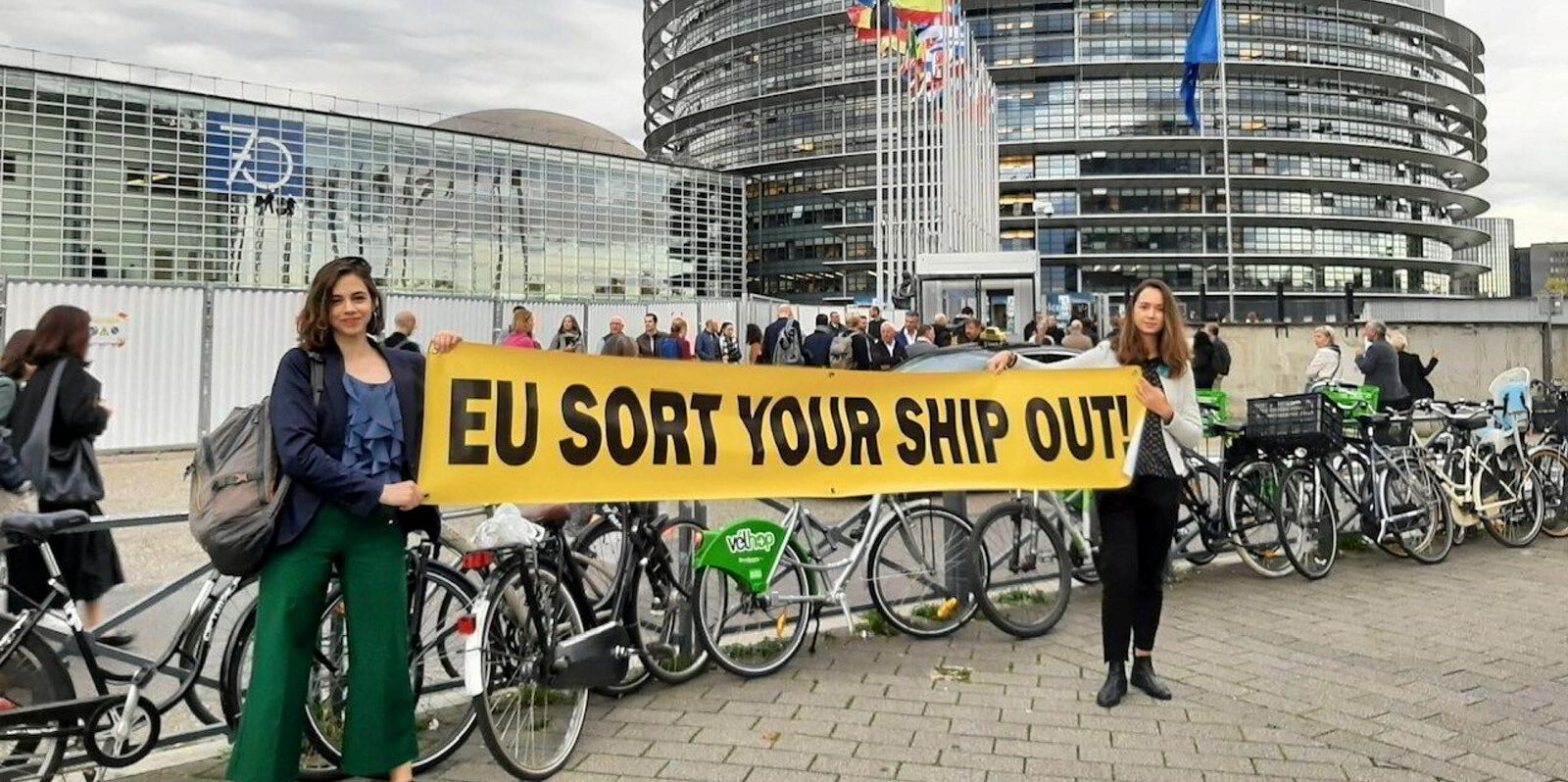Scrubbers have a poor record when it comes to the marine environment. Until now, the main concern has been water pollution resulting from scrubber discharge, which some observers have argued amounts to a breach of the United Nations Convention on the Law of the Sea.
Adding to the substantial body of evidence against scrubbers’ environmental credentials, Opportunity Green’s latest legal analysis shows that they could also be in conflict with the International Maritime Organization’s air pollution rules known as Annex VI of the International Convention for the Prevention of Pollution from Ships (Marpol).
Shipping lauds scrubbers as an effective means of reducing air pollution levels. However, this is not the whole truth. While scrubbers are effective at reducing sulphur oxides from a ship’s exhaust, research suggests that they are not as effective at reducing other types of air pollution.
In 2020, the IMO set emission requirements for the sector by putting a limit on the sulphur content of fuel oil. To comply with this cap, ships can either switch from heavy fuel oil to lower-sulphur fuels or use equivalent compliance methods. In practice, this has resulted in ships using scrubbers to continue running on cheap heavy fuel oil, rather than switching to more expensive lower-sulphur fuels.
The use of alternative compliance mechanisms, however, comes with a crucial caveat: they must be at least as effective at reducing emissions as switching to lower-sulphur fuels.
When ships run on lower-sulphur fuels, SOx and particulate matter emissions are reduced. Ships that stay on dirty fuels and install scrubbers have higher emissions of particulate matter, such as black carbon, as well as CO2 compared with ships that use lower-sulphur fuels.
This finding seriously calls into question whether scrubbers can fulfil the IMO’s equivalence requirement.
Further, trading off SOx for these other air pollutants sidesteps the rationale behind Marpol Annex VI, which is to “limit the harmful effects of air pollution and [greenhouse gas] emissions from international shipping on human health and the environment”.
This is also the reason the use of equivalence mechanisms is balanced by a provision in Marpol Annex VI that says the use of alternative mechanisms may not impair or damage the environment, human health, property or resources. Against this backdrop, the approval of scrubbers is even more dubious.
The health impacts of particulate matter are backed by ample scientific evidence and include premature death in people with heart or lung disease, heart attacks and irregular heartbeat, asthma, decreased lung function and increases in other respiratory symptoms. Vulnerable communities are disproportionately affected.

Black carbon is not only the second-largest contributor to shipping’s climate impacts, it also has significant health impacts. It is linked to cardiovascular diseases, strokes and cancer, as well as to acute respiratory infections in children.
The increase in CO2 emissions associated with scrubber use is further cause for concern, given that shipping is already significantly contributing to the climate crisis and is not on track to meet the 1.5C temperature goal of the Paris Agreement.
But there are good reasons for hope that we’re approaching a turning point for scrubbers. Countries are starting to grasp scrubbers’ impact on the marine environment and are increasingly introducing measures to ban or restrict scrubber water discharge. The latest to join the club are Sweden and Denmark.
Nevertheless, more than 5,000 ships are equipped with scrubbers and there is still a strong economic incentive for shipowners to continue using them over lower-sulphur fuels. Ultimately, this comes at the expense of our planet and public health.
In a nutshell, scrubbers should not be regarded as an alternative compliance method under Marpol Annex VI, as they are simply not as effective in tackling overall air pollution as using cleaner fuels.
Opportunity Green’s legal analysis was submitted to the IMO by Friends of the Earth International, World Wildlife Fund, Climate Shipping Coalition and Pacific Environment, to push the global shipping regulator to recognise scrubbers’ serious impacts on air pollution in its upcoming discussions.
Isabela Keuschnigg is a legal officer at Opportunity Green, a UK organisation that seeks legal, policy and economic solutions to climate change





